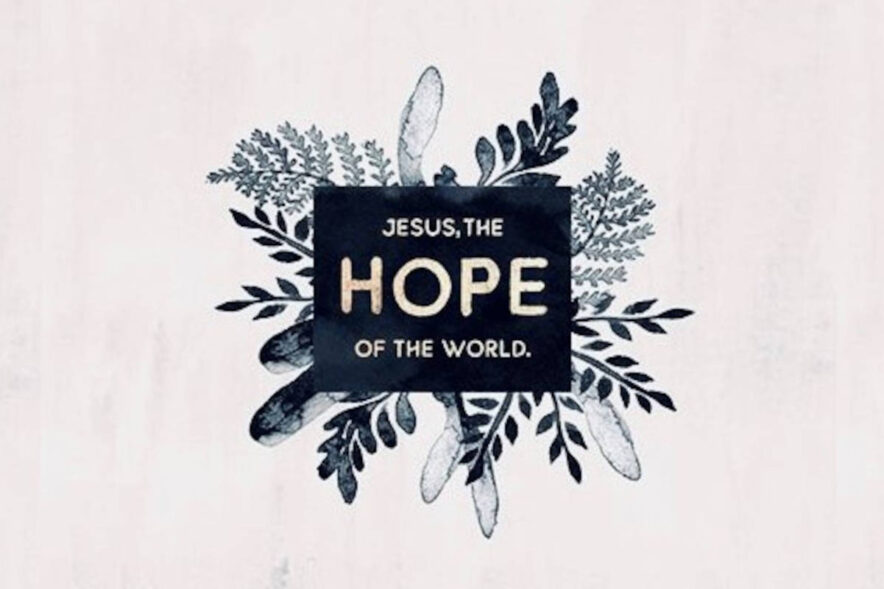(Not a reader? Take a listen instead ⇓) When God moved into the neighbourhood, everything changed. This article...
Tag: word-made-flesh
Showed 1 to 2 posts out of 2 total under "Tag: word-made-flesh" category.
(Not a reader? Take a listen instead ⇓) “Behold, the virgin will be with child and will give...




